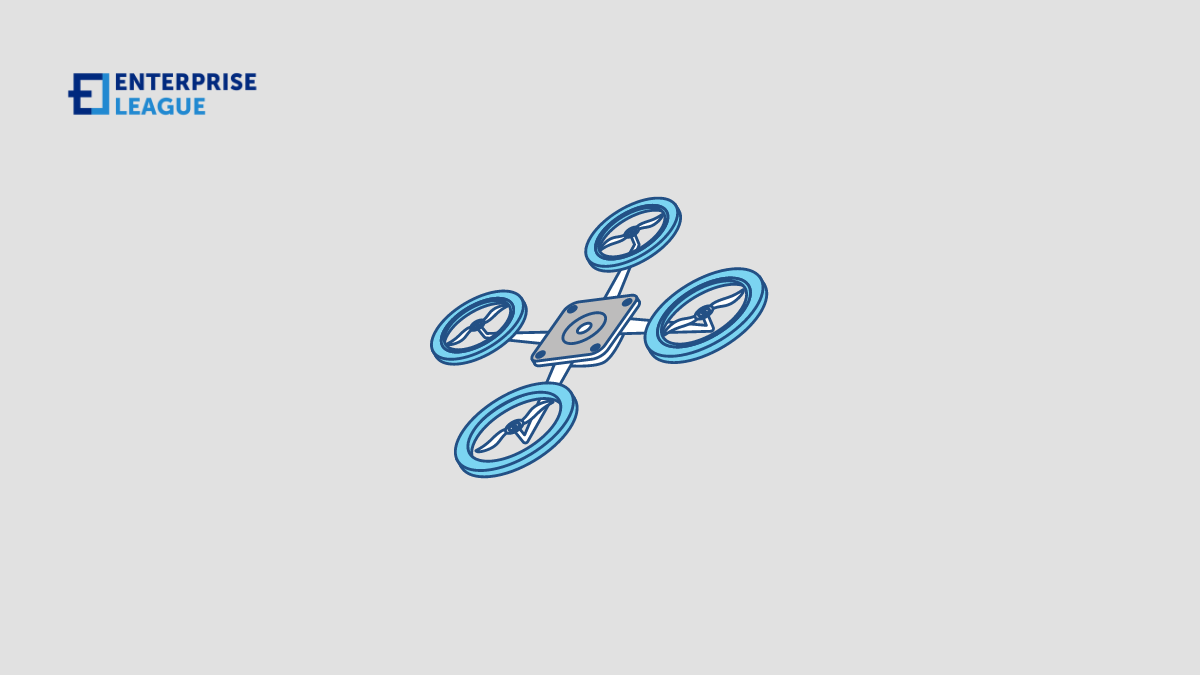Strategic partner
HR’s role as a strategic partner to the business is one of its most significant contributions. This aspect of HR involves understanding the company’s long-term goals and aligning the workforce accordingly to achieve these objectives. For instance, if a company aims to expand into new geographic markets, HR would strategize to recruit individuals with specific skills in international trade or local market knowledge. HR professionals participate in high-level planning sessions, bringing insights from an employee perspective that can influence business strategies. By integrating the knowledge about employee trends, capabilities, and potential challenges, HR adds value far beyond traditional roles and enhances the strategic planning process.
Talent acquisition and recruitment
Employee training and development
Once employees are onboard, it is HR’s responsibility to ensure they grow and continue to contribute effectively to the organization. Training and development are crucial in this context, providing employees with the necessary skills and knowledge to perform their duties efficiently and adapt to changing job requirements. HR departments conduct needs assessments and develop tailored training programs that not only focus on improving current job performance but also prepare employees for future roles within the company. This not only boosts productivity but also helps in employee retention, as individuals are more likely to stay with a company that invests in their career development and growth.
Employee satisfaction and engagement
Compliance and risk management
Ensuring compliance with employment laws and regulations is a critical function of HR. HR professionals must stay updated on changes in labor laws to protect the organization and its employees from legal risks. This includes managing everything from fair hiring practices and workplace safety regulations to wage laws and data protection. HR’s ability to effectively manage these risks not only prevents costly legal issues but also safeguards the organization’s reputation.
Compensation and benefits management
An attractive compensation and benefits package helps retain and attract top talent. HR is responsible for designing these packages to be competitive yet sustainable for the organization. This involves benchmarking against industry standards, understanding employee needs, and balancing those with the company’s budget and strategic goals. Effective benefits management, which may include health insurance, retirement plans, and performance bonuses, helps in keeping employees satisfied and motivated.
Performance management
HR is also responsible for developing a fair and effective performance management system that aligns individual employee goals with the organization’s objectives. This system includes setting clear performance expectations, conducting regular reviews, and providing constructive feedback. By doing so, HR not only helps employees excel in their current roles but also prepares them for future challenges. Additionally, performance management plays a crucial role in identifying high performers who could be potential leaders, thus aiding in succession planning.
Organizational culture
Perhaps one of the most significant impacts HR has in any organization is on the organizational culture. HR shapes the culture by fostering a work environment that reflects the organization’s values and ethics. Whether it’s through onboarding programs that introduce new hires to the company culture, diversity, and inclusion initiatives that promote a more inclusive workplace, or conflict resolution procedures that maintain a harmonious work environment, HR is at the heart of cultivating a positive organizational culture. A strong culture not only improves employee morale but also attracts new talent who share similar values.
Diversity and inclusion
This involves more than just meeting legal quotas, it means creating a culture that actively values and utilizes the diverse backgrounds, experiences, and perspectives of all employees. HR can implement policies and training that foster an inclusive environment where everyone feels they belong and have equal opportunities to succeed. This not only enhances team collaboration and innovation but also reflects positively on the company’s brand, attracting a wider pool of talent and customers.
Conflict resolution
Conflict is inevitable in any workplace, but the way it is managed can significantly affect employee relations and organizational health. HR is crucial in mediating conflicts between employees or between employees and management. By providing a structured way to address grievances and resolve disputes, HR helps maintain a peaceful and productive work environment. Effective conflict resolution contributes to a positive organizational climate and reduces disruptions, helping maintain focus on the organization’s goals.
Conclusion
Human Resources is not merely a department within the organization, it is the backbone that supports, strengthens, and guides its human capital toward greater productivity and satisfaction. From strategic planning and talent management to ensuring a competitive edge through comprehensive benefits packages, HR’s roles are diverse and dynamic. Investing in strong HR practices is not just beneficial, it is essential for any organization aiming to thrive among competition.
More must-read stories from Enterprise League:
- Debunking the most common myths of entrepreneurship.
- The only list of novels for entrepreneurs that you will ever need.
- Profitable online education business ideas that you should be aware of.
- Best marketing tools for startups that are worth trying.
- Learn how to deal with being proffesionally ghosted like an expert.
Related Articles
14 unique business ideas with drones that guarantee a profit (2024)
If you are one of those that loves tech gadgets, we’ve made a list of 14 business ideas with drones that will inspire you to start a business in this field.
How mortgage workflow automation enhances loan officer efficiency
Embracing automation and its transformative impact allows loan officers to prioritize developing connections with borrowers and enhancing customer satisfaction.
26 best electrical equipment companies in 2024
Electrical equipment companies, in general, are companies working with products that produce, distribute, or use electrical energy.
14 unique business ideas with drones that guarantee a profit (2024)
If you are one of those that loves tech gadgets, we’ve made a list of 14 business ideas with drones that will inspire you to start a business in this field.
How mortgage workflow automation enhances loan officer efficiency
Embracing automation and its transformative impact allows loan officers to prioritize developing connections with borrowers and enhancing customer satisfaction.






